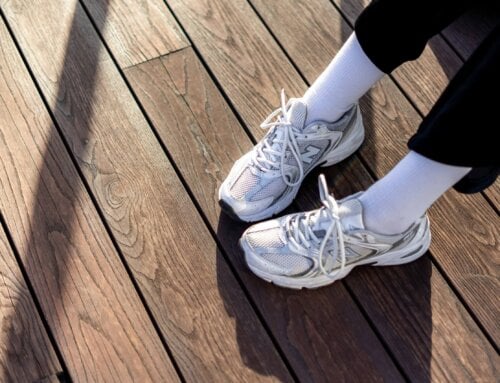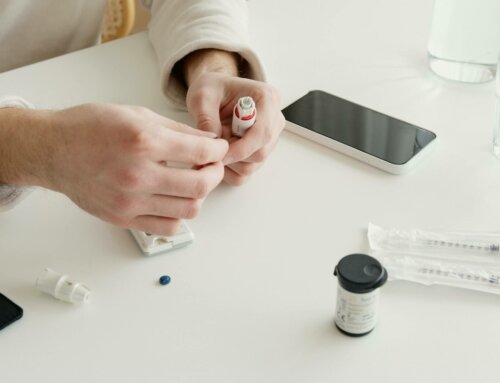If you are sleep deprived, your chances for diabetes increases since your insulin will not work as well as you need it to for lowering blood sugar. In fact, your cortisol levels (stress hormone) will rise and that causes your liver to produce more sugar.
Remember, if your insulin is not working 100% efficiently (“insulin resistance”), then the extra sugar your liver is producing will cause an even higher blood sugar reading. In addition, your brain, which seeks energy primarily from glucose or sugar (carbohydrates), will not function at its highest level.
Think about how “foggy” your head feels after having a sleepless night.
The symptoms of sleep deprivation are:
- Constant tiredness
- Snoring
- Poor concentration
- Depression
- Lack of energy
- Weight gain or loss
- High blood pressure
The risk factors of sleep deprivation are:
- Endocrine and metabolic disorders (diabetes, pre-diabetes, etc.)
- Obesity
- Male gender
- Increasing age
- Alcohol or sedative use
- Smoking
- Anatomic abnormalities of the upper airway
Diabetes and sleep statistics:
- 50% of males with Type 2 diabetes have sleep disorders
- 20% of females with Type 2 diabetes have sleep disorders
- 97% of obese people with diabetes have sleep disorders
- 30% of patients attending sleep clinics are found to have pre-diabetes or diabetes
Sleep apnea is a common sleep disorder that is associated with fatigue, weight gain, high blood pressure, diabetes and heart failure. Answering YES to 2 or more questions below indicates that you may have sleep apnea.
- Do you snore?
- Are you excessively sleepy or fatigued during the day?
- Have you been told you stop breathing during sleep?
- Do you have a history of high blood pressure?
- Is your neck size greater than 17″ (male) or 16″ (female)?












Leave A Comment